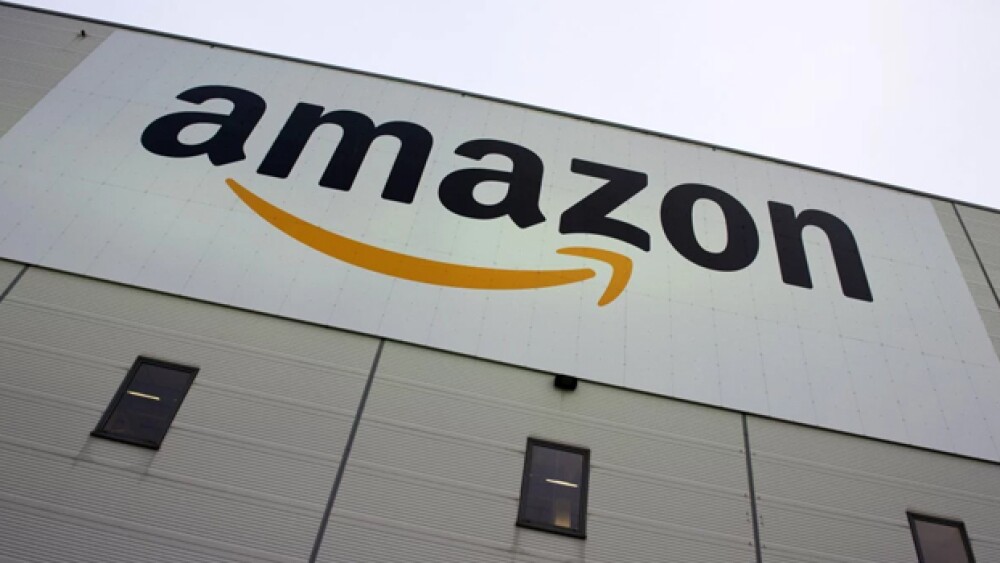Amazon, as most everyone knows, has its fingers in a lot of pies.
Amazon, as most everyone knows, has its fingers in a lot of pies. The company started as a bookstore, but quickly branched out into retail sales of almost everything, as well as becoming a dominant player in cloud-based and online infrastructure and computing. It’s branched out into TV and film. What’s next? Many analysts speculate it was considering jumping into the online pharmacy business, but now there’s speculation that instead of drugs, the company might be more interested in medical devices.
In August, it was leaked that Amazon had a stealth research team called 1492 that was developing technology for healthcare. Although details were far and few between, CNBC indicated that 1492, named after the year Columbus reportedly discovered the New World, appeared to be involved in pushing and retrieving data from legacy electronic medical record systems with the goal of making the data available to consumers and their physicians.
On Friday, Brian Tanquilut, an analyst with Jefferies, wrote that he thought Amazon was working on growing its medical device business. And Wells Fargo, the day before, had noted that Amazon now owns the AmazonRX.com domain.
Every year in May, during Amazon’s annual meeting, it discusses whether to break into the pharmacy market. This year apparently the talk was more serious. Although there are definite headaches involved in a company like Amazon getting tangled in the U.S.’s byzantine pharmacy, insurance, Medicare and Medicaid payment network, its ability to buy drugs in mass quantities would potentially result in lower costs.
If that’s the case, it’s likely that the industry may be prepping a defense. Sources cited by CNBC indicate that CVS Health is in talks to buy Aetna, which it says is “a deal that would be an unprecedented mega-merger between a top drugstore chain and insurer. RBC Capital Markets analyst George Hill told CNBC that the companies ‘needed to defend the business from encroachment by Amazon.’”
However, it’s also been noted that Amazon’s business-to-business medical device web page indicated during the same time frame that it was granted wholesale distribution licenses in several states. Some analysts have speculated the licenses could be used for the sale of drug, but Tanquilut says the timing of the posting might suggest a larger interest in medical devices.
Tanquilut wrote, “The out-of-state wholesaler license that Amazon filed with the state of Nevada revealed that Amazon did not select ‘Controlled Substances’ as a type of product that they would be handling. While we acknowledge that there are prescription drugs that don’t fall under the definition of ‘controlled substances,’ the active decision to choose not to distribute those types of drugs leads us to believe that Amazon will not be using these licenses to distribute any prescription drugs.”
David Maris, an analyst with Wells Fargo, counters, saying, “We find it easy to envision that, if it entered pharmacy, Amazon could offer unique value to some customers, such as the easier ability to manage prescriptions and perhaps discounts, such as free generics to Prime users. Overall, we think that even though Amazon has not stated a goal to be in pharmacy, history has shown it is better to consider Amazon’s disruptive potential beforehand rather than afterward.”
If so, then perhaps naming it “1492” was appropriate, given that Columbus is a highly controversial figure who brought enormous death and destruction—euphemistically called “disruption”—to millions of the indigenous tribes in the Americas. It’s not a far stretch of the imagination to see how a mail-order pharmacy with the power of Amazon could have an enormous and devastating effect on U.S. pharmacies, and the large distributors such as Cardinal Health, McKesson and AmerisourceBergen that act as the wholesaler/middlemen in the U.S. drug distribution network.





